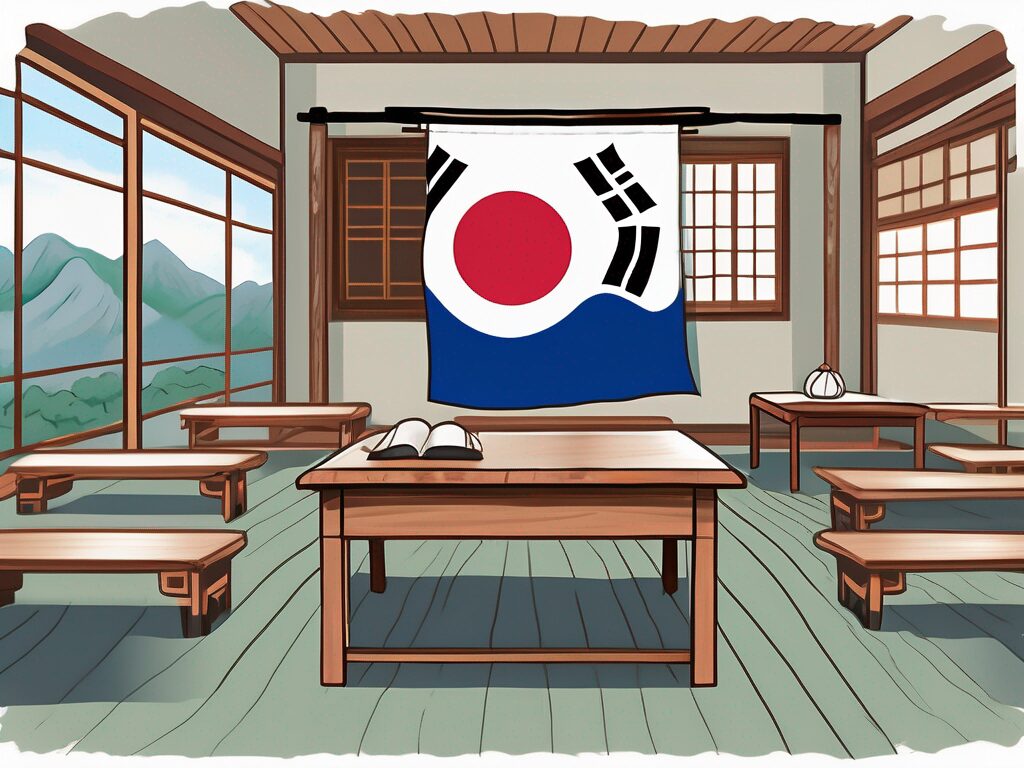Key Qualifications for Educators in International Schools in South Korea
South Korea, recognized for its rich cultural heritage and technological advancements, presents a unique landscape for educators seeking opportunities in international schools. These institutions not only provide a platform for teaching but also foster an environment conducive to professional growth and cultural exchange. However, securing a teaching position in these esteemed schools necessitates specific qualifications and competencies. This guide outlines the essential qualifications required for educators aspiring to teach in South Korea’s international schools.
Academic Credentials
Academic qualifications form the cornerstone of eligibility for teaching positions in South Korea’s international schools. Similar to other educational systems worldwide, South Korea mandates certain academic standards that prospective teachers must fulfill.
These qualifications can be likened to the foundational elements of a well-structured educational framework; without them, the integrity of the teaching process may be compromised.
Bachelor’s Degree
The primary requirement is a bachelor’s degree. This degree serves as the essential foundation for any teaching role. While it is not strictly necessary for this degree to be in education, possessing a degree relevant to the subject area you wish to teach can significantly enhance your candidacy.
Having a specialized degree can improve your pedagogical effectiveness and make you a more attractive candidate to potential employers.
Teaching Certification
A valid teaching certification from your home country is also required. This certification is critical as it demonstrates your preparedness to manage a classroom and deliver effective instruction.
Without this certification, your application may lack the necessary credibility, as it signifies your commitment to the teaching profession and your readiness to undertake the responsibilities associated with it.
Professional Experience
Experience is another vital component in the selection process for international schools in South Korea. Schools typically prefer candidates with prior teaching experience, particularly in settings that align with international curricula.
Experience not only enriches your teaching practice but also indicates your ability to navigate the complexities of the educational landscape.
Teaching Experience
Most international schools require a minimum of two years of full-time teaching experience, specifically in environments that adhere to international educational standards. This experience is crucial as it demonstrates familiarity with the pedagogical approaches and expectations prevalent in international education.
International Experience
While not universally mandated, having international teaching experience can provide a competitive edge. Such experience reflects adaptability and the ability to thrive in diverse cultural contexts, which is highly valued in international education settings.
Language Proficiency
Language proficiency is a critical factor for educators in South Korea, where English serves as the medium of instruction in international schools. A high level of English proficiency is essential for effective communication and instruction.
English Proficiency
As an educator, you are expected to possess an excellent command of both written and spoken English. This proficiency is fundamental to ensuring successful teaching outcomes and fostering student engagement.
Additionally, some institutions may require a TEFL (Teaching English as a Foreign Language) certification, particularly for non-native English speakers, to validate your capability to teach English effectively.
Korean Language Skills
While not a formal requirement, possessing some knowledge of the Korean language can be advantageous. This skill can facilitate better communication with students and enhance your understanding of the local culture.
Moreover, it can ease daily interactions and contribute positively to your overall experience in South Korea.
In summary, obtaining a teaching position in an international school in South Korea necessitates a combination of academic qualifications, relevant experience, and language proficiency. While the process may be rigorous, the rewards of a fulfilling teaching career in this dynamic country are substantial.
Enhance Your International Teaching Career with IPGCE
Are you prepared to navigate the complexities of international teaching qualifications and advance your career in global education? Enroll in the International Postgraduate Certificate in Education (iPGCE), the leading teacher training program in the UK. This program will not only equip you with the essential qualifications for teaching in international schools in South Korea but also enhance your professional profile, increase your interview prospects, and potentially elevate your salary. Join a vibrant community of educators, gain valuable insights into global education systems, and enjoy the flexibility of professional development. Take the next step in your educational journey and enroll in the UK’s premier Teacher Training Course today.

